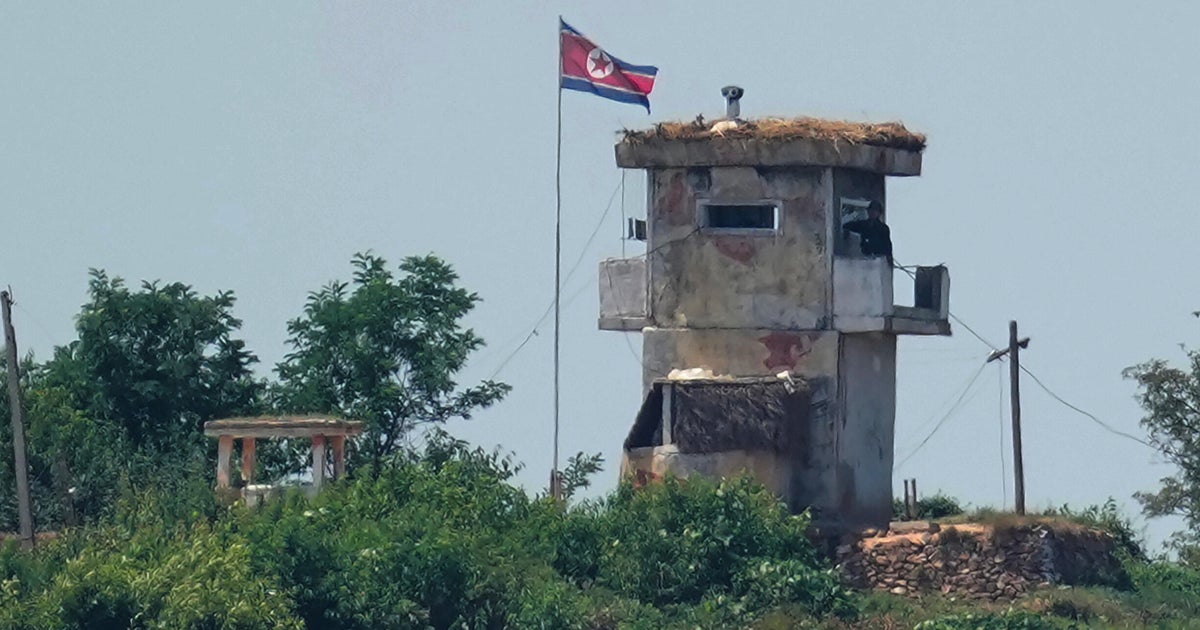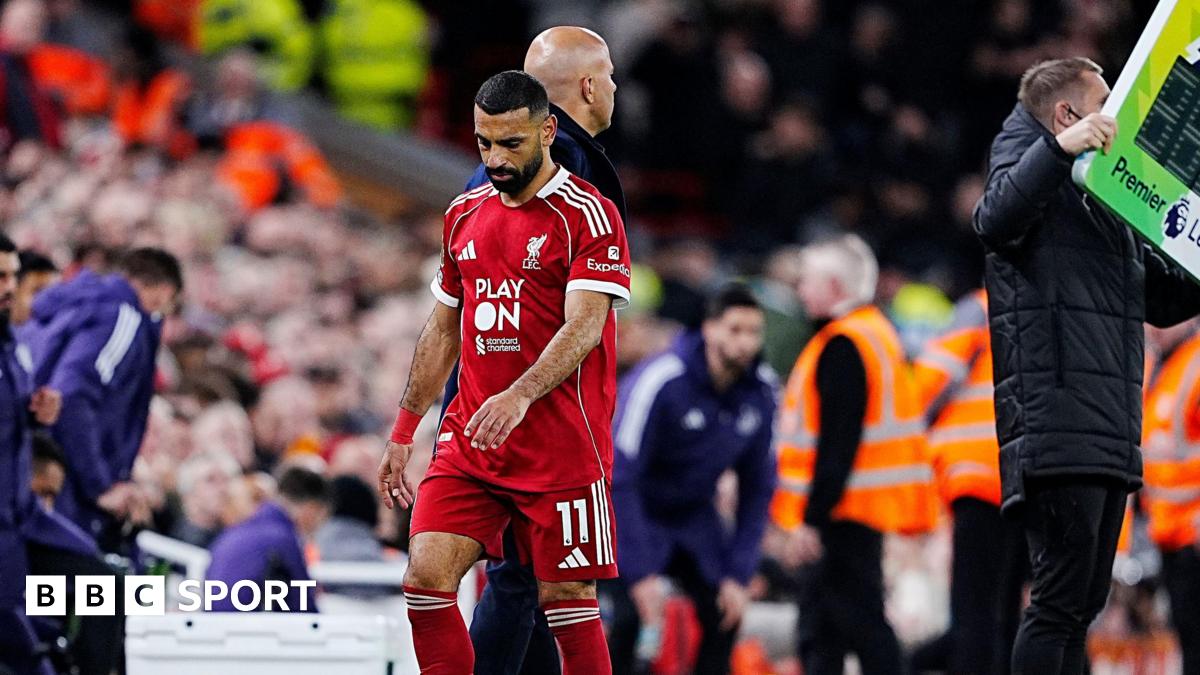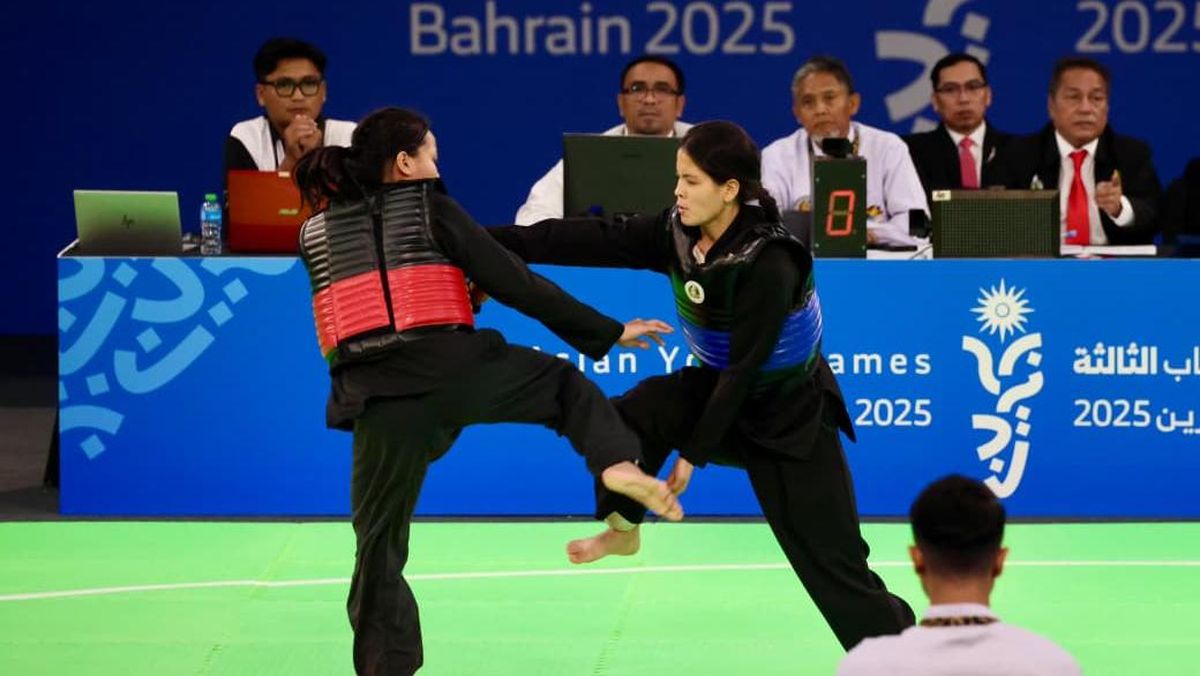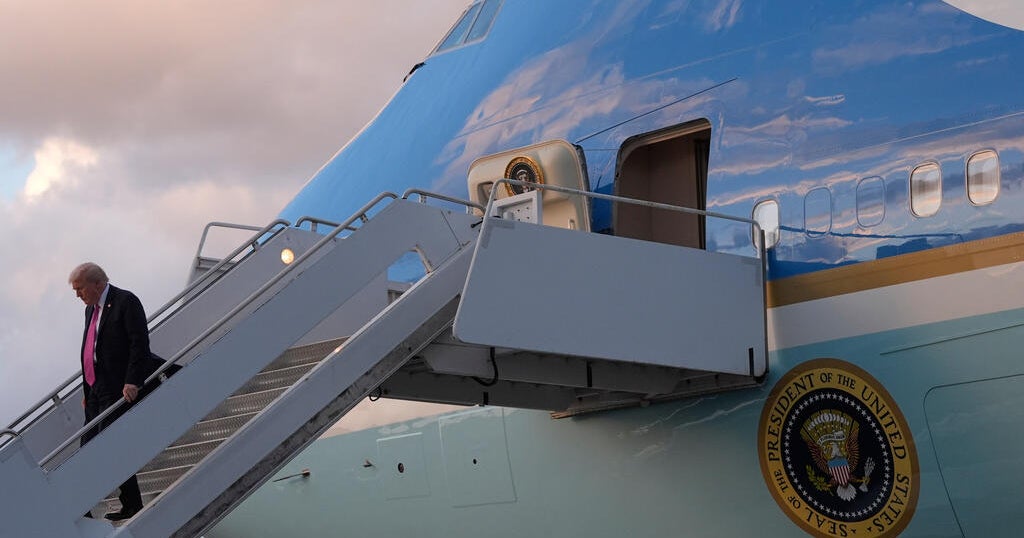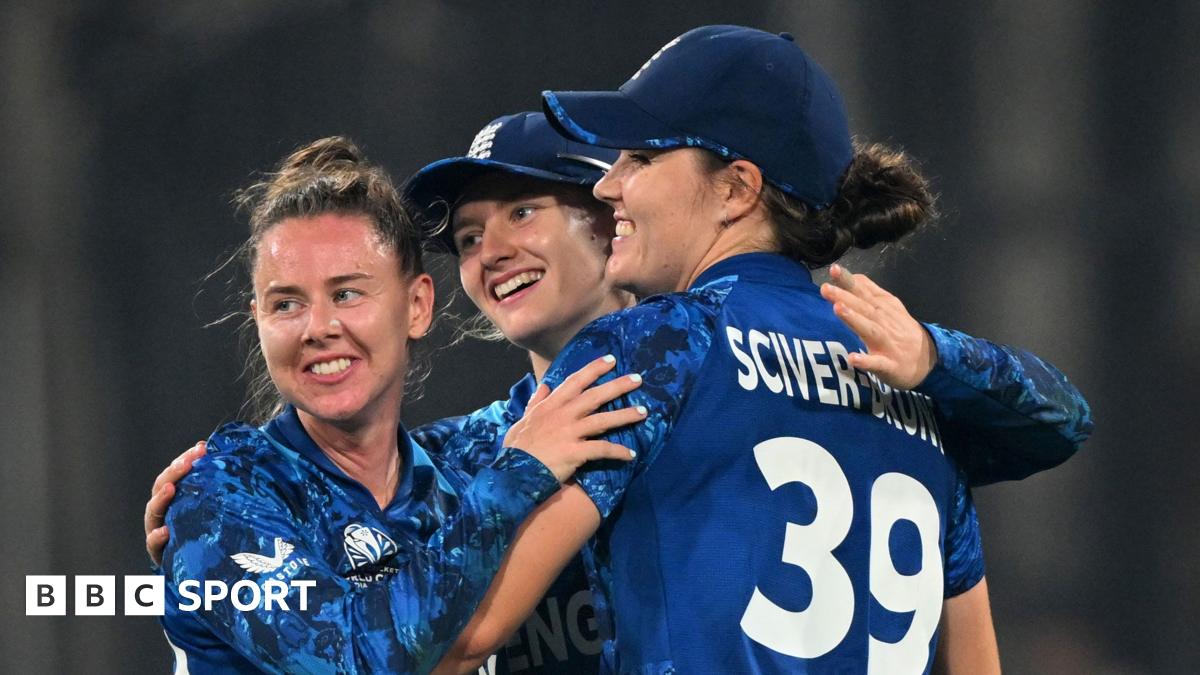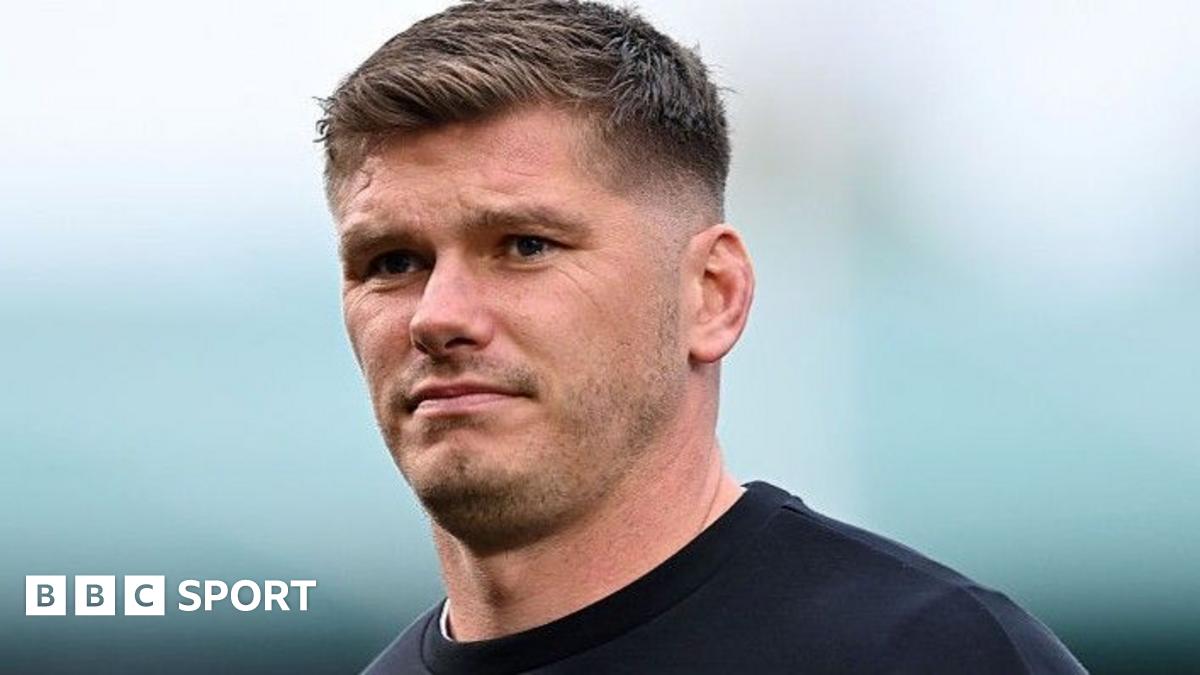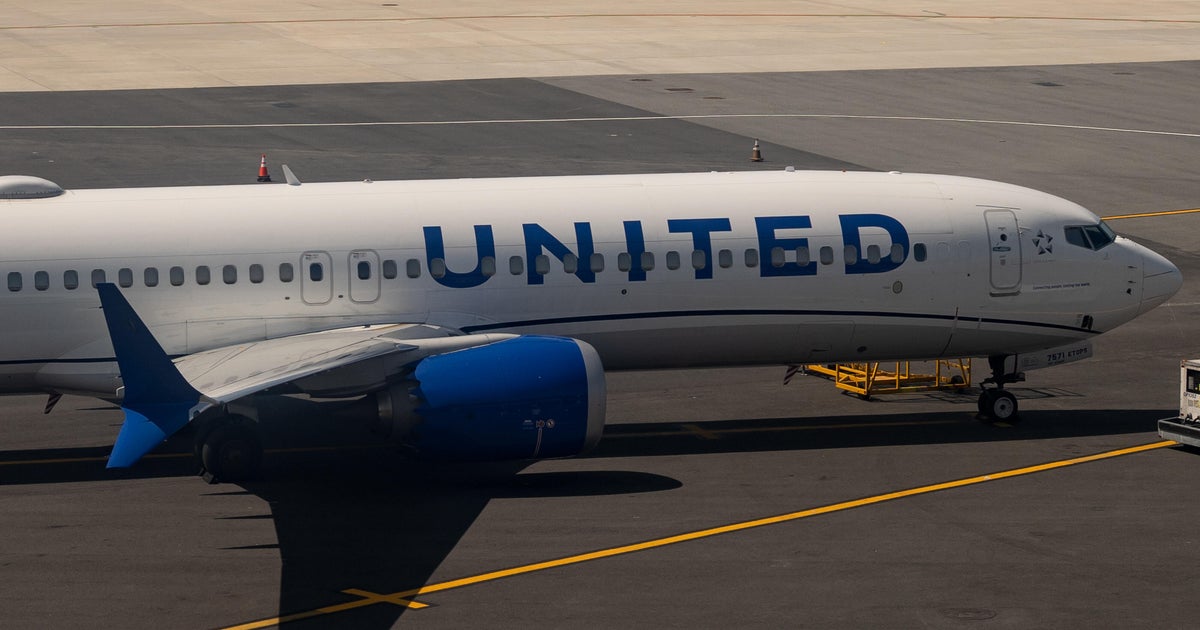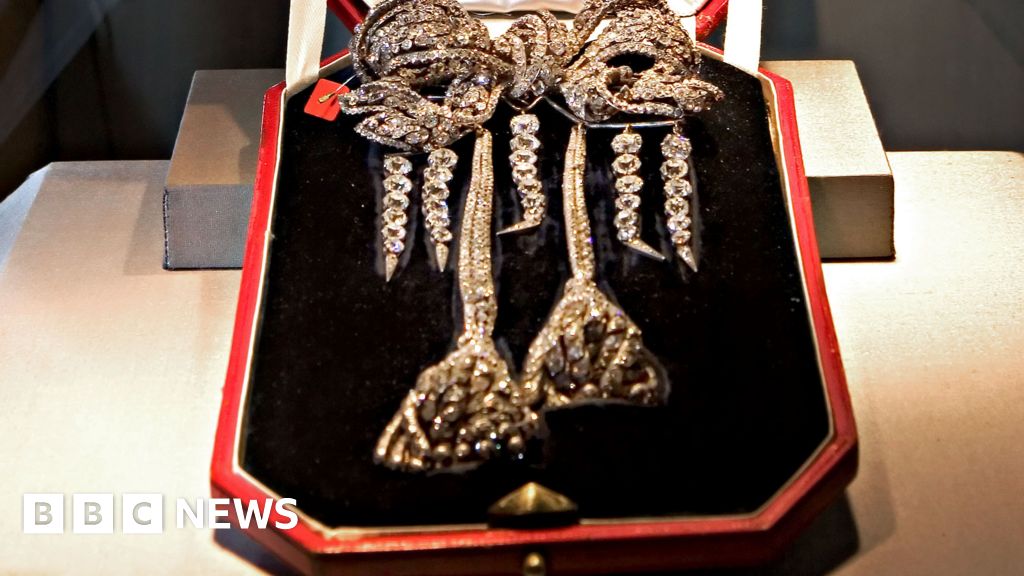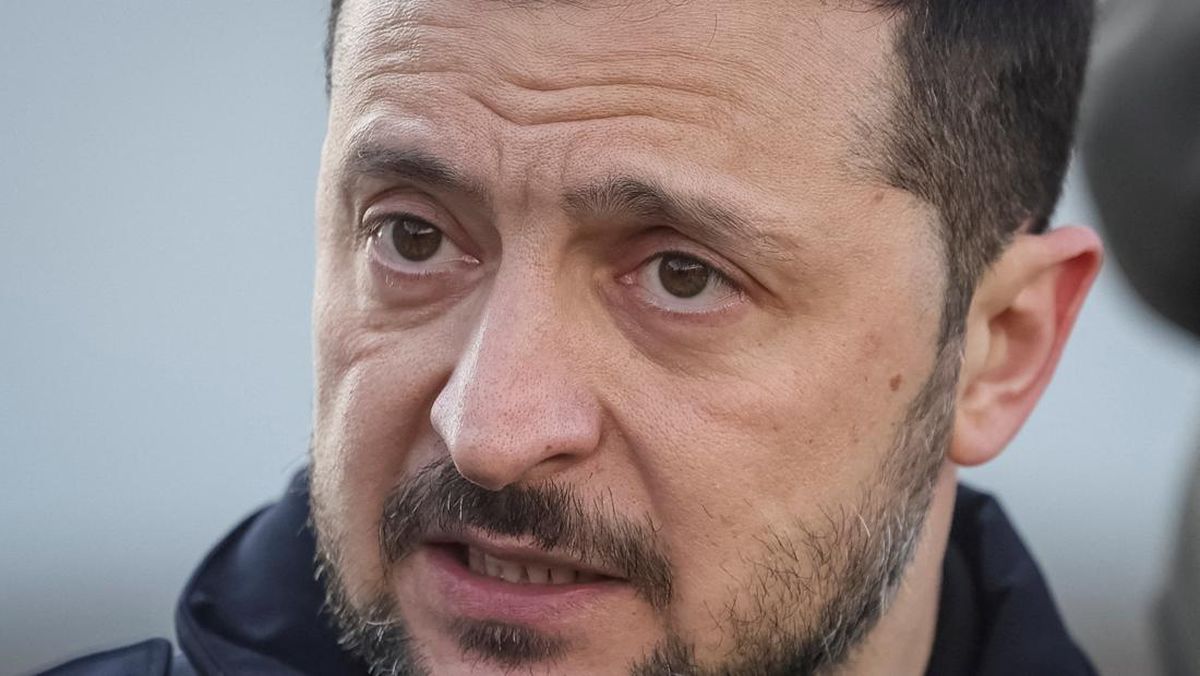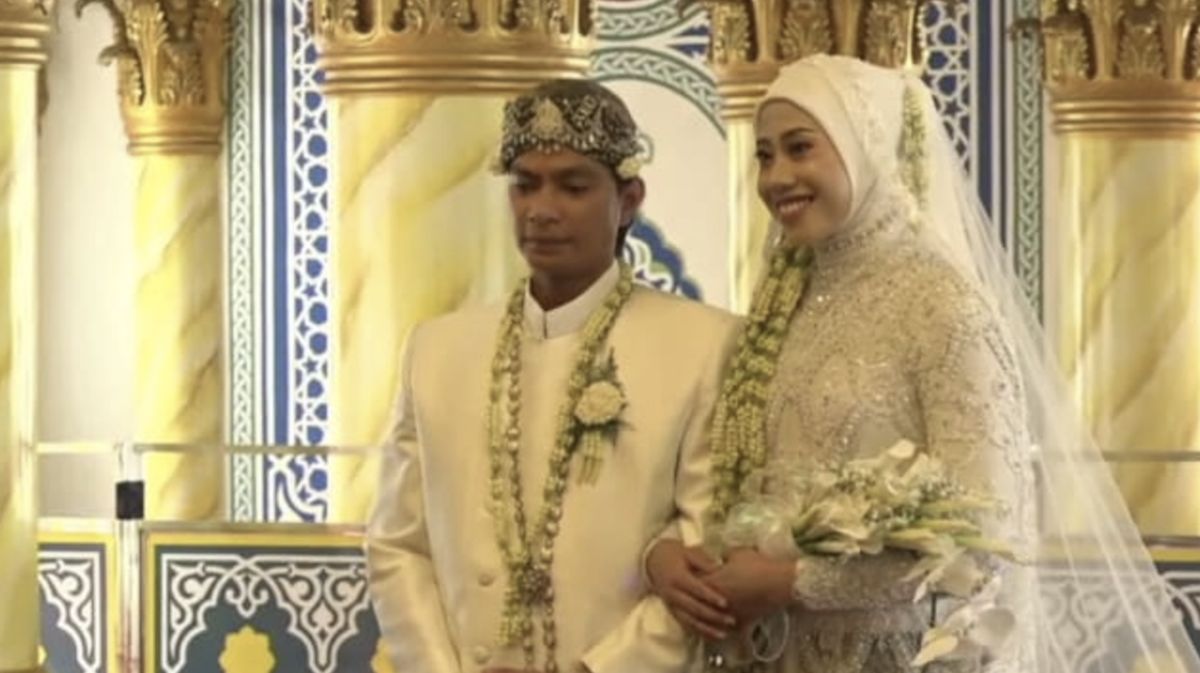Opinion
October 20, 2025 — 5.00am
October 20, 2025 — 5.00am
Stopwatches at the ready. How much face-time will Anthony Albanese be granted by Donald Trump? And how will his long-awaited visit to Washington compare with those of previous prime ministers? When John Howard met Bill Clinton in 1999, he endured the indignity of being left waiting in his limousine because the president was running late. Their discussion barely lasted 30 minutes. When, on the other hand, Howard sat down with George W. Bush for the first time on September 10, 2001 – the day before the world changed – their talks, which included a convivial lunch attended by the 41st president, George Herbert Walker Bush, lasted three hours.
Howard had flown to Washington to commemorate the 50th anniversary of the ANZUS military alliance, a pact that meant a lot to the Bush family. As a naval pilot, Bush Sr. had flown 58 combat missions in the Pacific theatre. This kind of shared history – and crucially the shared values it embodies – means little, if anything, to Donald Trump. Besides, now the focus is AUKUS, which will hang over Australian prime ministers like the sword of Damocles, rather than ANZUS, which served more like a comfort blanket.
Australia is arguably more plugged in geopolitically than its one-time colonial overlord.
Before venturing on, I realise I am adding to the voluminous column inches already devoted to the episodic saga of Anthony Albanese’s troubled pilgrimage to Washington, which has been almost John Bunyan-like in intensity. In so doing, I also recognise the danger of falling into the trap of viewing Australia’s global status solely through the relationship with one individual, the US president. Often it feels as if minutes in the Oval Office have become the foremost barometer of Australian power. As a Briton, though, this is a familiar mentality.

Anthony Albanese’s last visited the Oval Office two years ago and was given a warm welcome by then president Joe Biden.Credit: Alex Ellinghausen
Westminster is obsessed with the UK-US “special relationship”. So much so that when the then presidential candidate Joe Biden playfully turned down my request early in 2020 for an interview with the BBC, saying “I’m Irish,” with a leprechaun twinkle, Whitehall went into near-freefall. Installed on the roof of the Foreign Office, I have long suspected, are finely calibrated antennae attuned to detect any deviation in the bilateral relationship. When the BBC rebroadcast that brief exchange, on the weekend Biden celebrated victory over Donald Trump in the 2020 election, it felt like they had been wrenched from their moorings before splashing down somewhere in the Baltic Sea.
Post-Brexit, Britain has needed more diplomatic friends, which partly explained the appeal of AUKUS. It gave the UK a chance to re-establish a foothold in the Indo-Pacific.
Australia is arguably more plugged in geopolitically than its one-time colonial overlord. The fixation with the US alliance detracts from how its influence has grown over the course of the 21st century as a result of a diplomatic flirtatiousness bordering on the downright promiscuous.
Australia belongs to a screenful of geopolitical dating apps: ANZUS, AUKUS, APEC, the G20. The “Quad” security dialogue with India, Japan and the United States, “The Squad”, a grouping of Japan, the US and the Philippines, the Pacific Islands Forum and the Commonwealth. With ASEAN, it now has comprehensive strategic partner status.

US president George W. Bush and John Howard at the Oval Office in 2003.Credit: Getty Images
Since 2022, Australia has regularly attended NATO foreign minister meetings. Anthony Albanese attended its leaders’ summits in Madrid and Vilnius. Since 2019, Australian prime ministers have been regular attendees at G7 summits. Australia, after being such a key founding member, remains a significant player at the United Nations. Presently, after the deep freeze in relations during the Morrison years, it has an improved relationship with Beijing.
In this multipolar world, Australian clout needs to be seen in its totality. The preoccupation with the White House presents a tunnel-visioned view and perpetuates a one-track state of mind.
This fixation with the US relationship led to AUKUS, and AUKUS imposes limits on Australia’s wiggle-room in managing relations with Beijing. The unstated predicate of the defence pact, after all, is that US Virginia class nuclear-powered submarines, and Australia-manufactured subs reliant on US nuclear technology, would be deployed alongside US forces in any future conflict with China.
Along with the problems of cost, the reliability of America as an ally, the loss of sovereignty over such a key defence system and the fact the agreement enables the president to renege on the deal, AUKUS undercuts what has been the hallmark of Australian diplomacy for the past 30 years: the dexterity to balance the two key bilateral relationships with Washington and Beijing.

Julia Gillard and Barack Obama at the Oval Office in March 2011.Credit: Andrew Meares
Given the more belligerent nature of Xi Jinping’s authoritarian leadership and a military build-up resulting in a navy with more vessels than America, that balancing act had become harder to pull off. But the AUKUS pact, which was negotiated in secret by Scott Morrison without meaningful bipartisan dialogue or any public consultation, brought to an end the era of Australia’s “have your cake and eat it” doctrine, when successive prime ministers claimed they did not have to choose between these two great powers. If ANZUS is a comfort blanket, AUKUS acts more like a strategic straitjacket.
As to the visit itself, a downside with Albanese arriving in Washington so late into Trump’s second term is that more than 20 other international leaders have already set the behavioural tone. The diplomatic default is to be supine and sycophantic, which will not go down well at home.
Loading
The upside is that Trump is still basking in the success of his victory lap around the Middle East. Australia’s recognition of Palestinian statehood is therefore less of a point of divergence. Even better for Albanese is China’s announcement this month about new restrictions on its export of rare earth minerals. This is a problem resources-rich Australia has an oven-ready proposal to solve: guaranteed access to a critical minerals stockpile.
Anything involving Trump is notoriously hard to predict, but maybe in the future we will dwell not on the time spent between the prime minister and president, or their delay in meeting at the White House, but rather the timeliness of the visit.
Nick Bryant, a former BBC Washington correspondent, is the author of The Forever War: America’s Unending Conflict With Itself.
Most Viewed in World
Loading


